Special report: How cannabis could shape future autism therapies
Recent articles
Q&A with Eric Hollander: Cannabis treatments for autism
As cannabis prohibition slowly lifts in the United States, scientists and families in the autism community are increasingly turning to the drug and its constituent compounds to ease autism-related difficulties, including seizures and irritability.
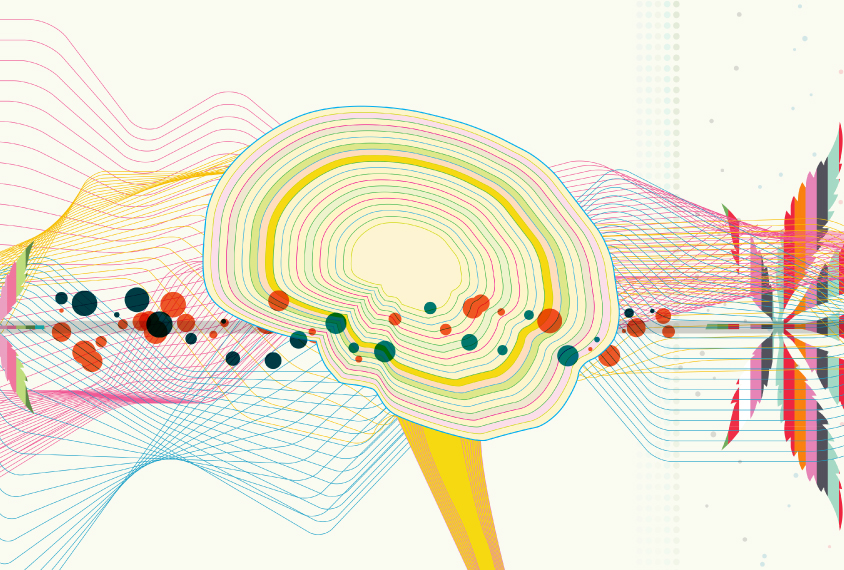
Q&A with Eric Hollander: Cannabis treatments for autism
As cannabis prohibition slowly lifts in the United States, scientists and families in the autism community are increasingly turning to the drug and its constituent compounds to ease autism-related difficulties, including seizures and irritability.
Cannabis and autism, explained
Autistic people and their families are increasingly experimenting with marijuana to try to ease problems such as insomnia, epilepsy and chronic pain — and traits of autism. But there is little evidence for its safety or effectiveness.
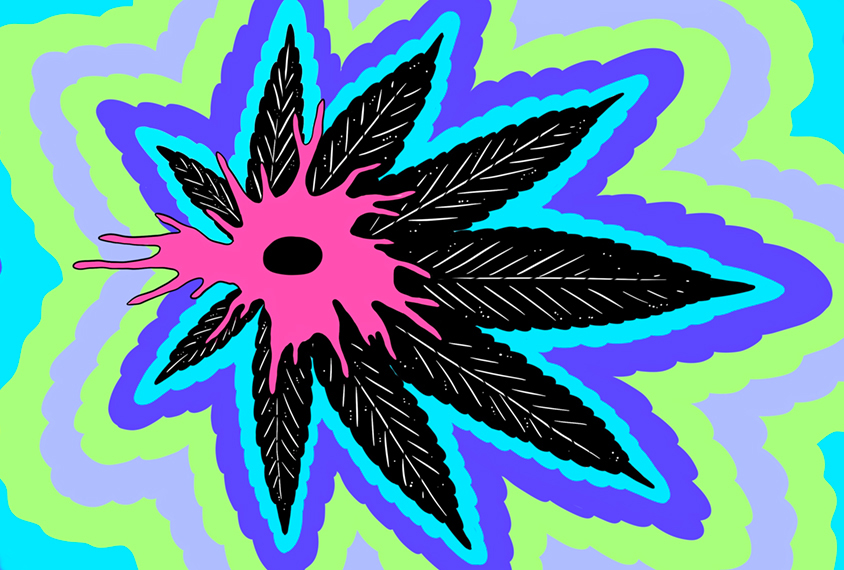
Cannabis and autism, explained
Autistic people and their families are increasingly experimenting with marijuana to try to ease problems such as insomnia, epilepsy and chronic pain — and traits of autism. But there is little evidence for its safety or effectiveness.
Researchers urge caution over study linking marijuana to autism
Women who use marijuana while pregnant may be more likely to give birth to an autistic child. But investigators call for a cautious interpretation of the results.
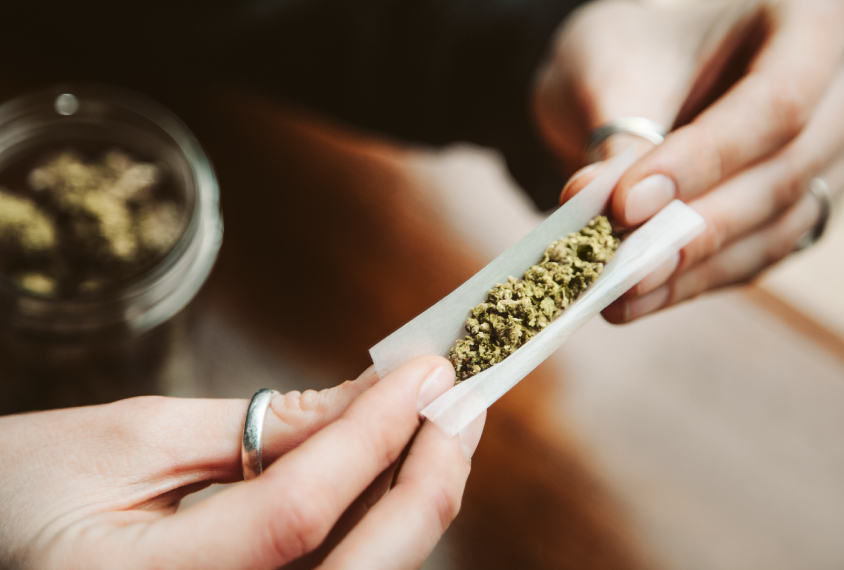
Researchers urge caution over study linking marijuana to autism
Women who use marijuana while pregnant may be more likely to give birth to an autistic child. But investigators call for a cautious interpretation of the results.
Cannabis compound improves sociability in autism mouse model
A single dose of cannabidiol, a component of marijuana, eases seizures and improves learning and sociability in mice with mutations in an autism gene called CDKL5.
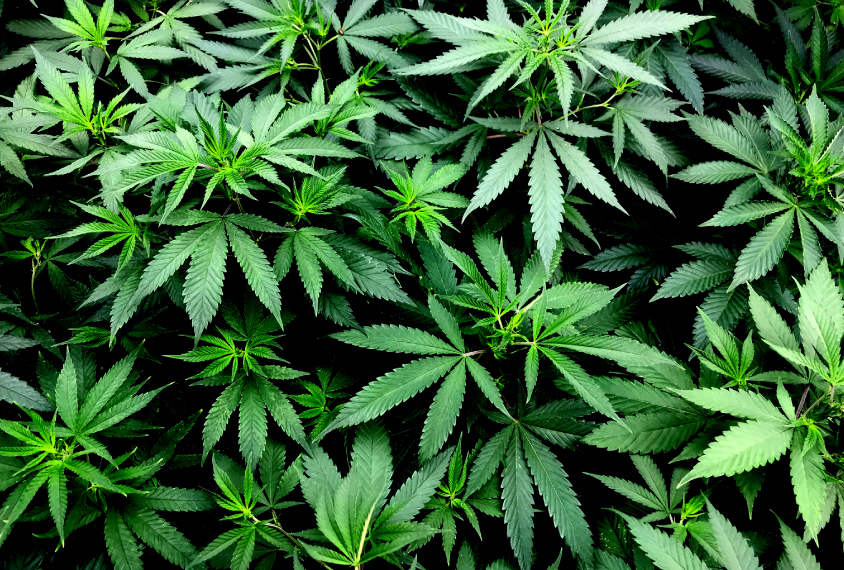
Cannabis compound improves sociability in autism mouse model
A single dose of cannabidiol, a component of marijuana, eases seizures and improves learning and sociability in mice with mutations in an autism gene called CDKL5.
Drug agency ruling on marijuana may do little to ease autism research
The U.S. Drug Enforcement Agency has made it legal for doctors to prescribe an epilepsy drug derived from marijuana. But all other compounds derived from marijuana remain under tight restrictions.
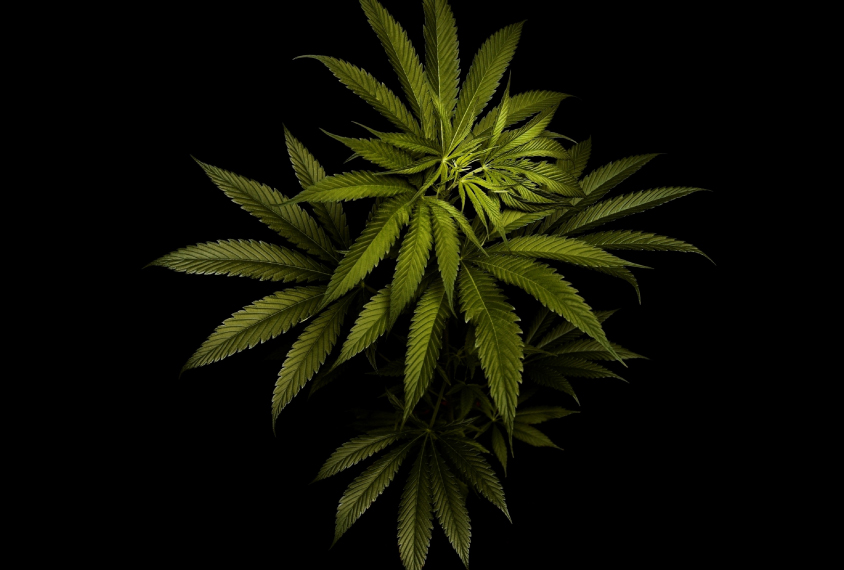
Drug agency ruling on marijuana may do little to ease autism research
The U.S. Drug Enforcement Agency has made it legal for doctors to prescribe an epilepsy drug derived from marijuana. But all other compounds derived from marijuana remain under tight restrictions.
Federal chokehold on marijuana stymies studies on epilepsy, autism
Scientists' desire for evidence-based medical inquiry runs headlong into an apparently immovable obstacle: the U.S. Drug Enforcement Agency.

Federal chokehold on marijuana stymies studies on epilepsy, autism
Scientists' desire for evidence-based medical inquiry runs headlong into an apparently immovable obstacle: the U.S. Drug Enforcement Agency.
Drug approval could boost research on marijuana treatment for autism
The United States has approved a compound derived from marijuana as a treatment for certain types of epilepsy. The ruling may spell good news for autism research.
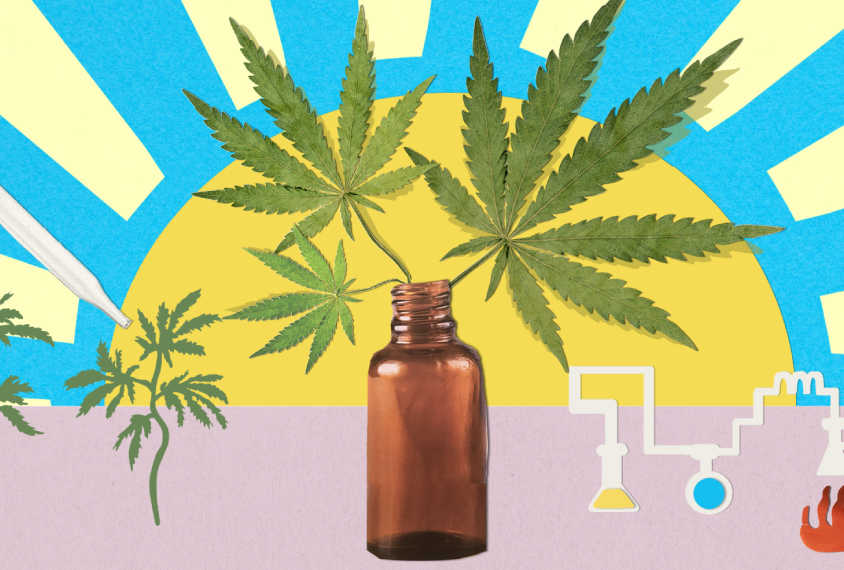
Drug approval could boost research on marijuana treatment for autism
The United States has approved a compound derived from marijuana as a treatment for certain types of epilepsy. The ruling may spell good news for autism research.
Marijuana ingredient sparks social behavior in epilepsy model
Cannabidiol alleviates seizures and restores social ability in a mouse model of Dravet syndrome by soothing overexcitement in the brain.
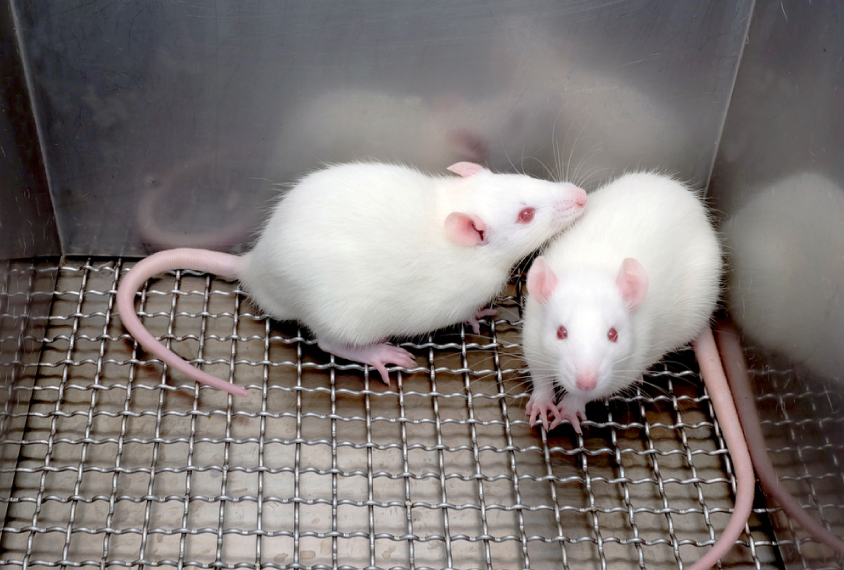
Marijuana ingredient sparks social behavior in epilepsy model
Cannabidiol alleviates seizures and restores social ability in a mouse model of Dravet syndrome by soothing overexcitement in the brain.
The pioneers: How parents are experimenting with marijuana for autism
Meet the backyard marijuana growers and home chemists who are rushing in where scientists fear to tread.
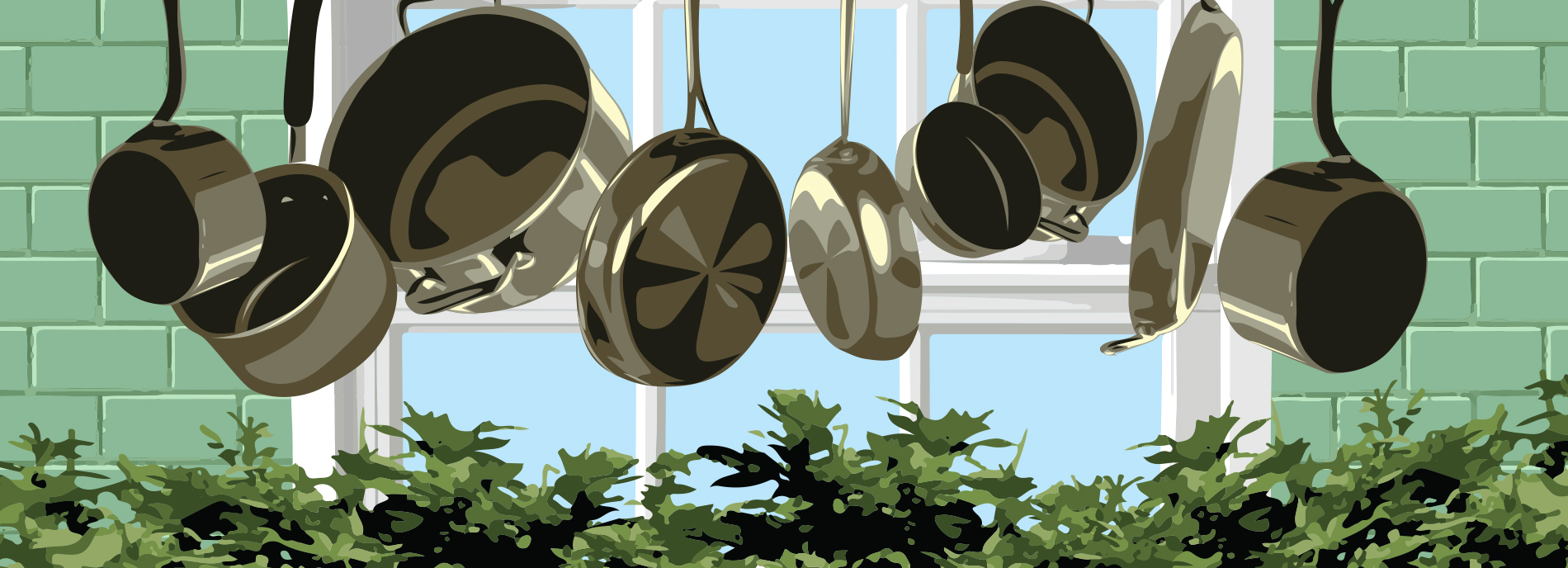
The pioneers: How parents are experimenting with marijuana for autism
Meet the backyard marijuana growers and home chemists who are rushing in where scientists fear to tread.
Explore more from The Transmitter
Neuro’s ark: Spying on the secret sensory world of ticks
Carola Städele, a self-proclaimed “tick magnet,” studies the arachnids’ sensory neurobiology—in other words, how these tiny parasites zero in on their next meal.

Neuro’s ark: Spying on the secret sensory world of ticks
Carola Städele, a self-proclaimed “tick magnet,” studies the arachnids’ sensory neurobiology—in other words, how these tiny parasites zero in on their next meal.
Autism in old age, and more
Here is a roundup of autism-related news and research spotted around the web for the week of 2 March.

Autism in old age, and more
Here is a roundup of autism-related news and research spotted around the web for the week of 2 March.
Lack of reviewers threatens robustness of neuroscience literature
Simple math suggests that small groups of scientists can significantly bias peer review.

Lack of reviewers threatens robustness of neuroscience literature
Simple math suggests that small groups of scientists can significantly bias peer review.